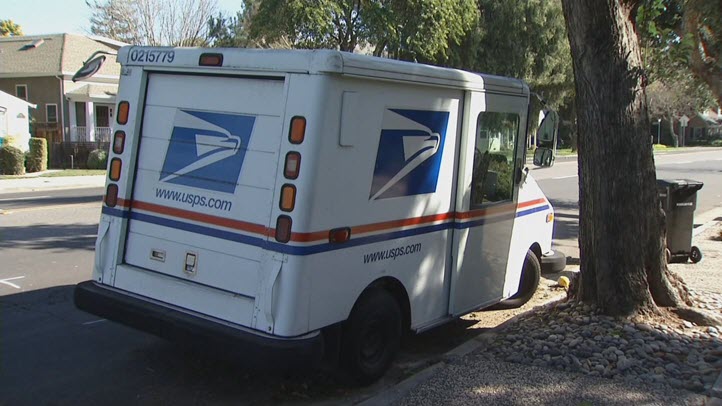That turkey sandwich lying in wait in a preschooler's cubby has a dirty secret.
Most packed-lunch foods are not stored at their ideal temperature, making them prime targets for bacterial growth and potential foodborne illness, according to a study released Monday in the journal Pediatrics.
The study used a non-contact thermometer to test the temperatures of 705 lunches containing at least one perishable item an hour and half before they were served.
Protein items, like meat, chicken and fish, are the most common sources of soured lunches, but dairy products, such as yogurt, could also be a culprit.
"It’s all about prevention, you don’t want to take a chance," said Ruth Frechman, dietician and spokeswoman for the American Dietetic Assn. "Especially with young kids, it could be serious."
Bacteria growth depends on the kind of food and the variety of bacteria already in the environment, Frechman said. But she can guarantee the symptoms: vomiting, diarrhea, stomach cramps, fever.
"Nothing you want," she said.
Local
Only 1.6 percent of perishable items in the Texas preschoolers' lunch boxes were in a safe temperature zone. Nearly 98 percent of foods was prime for bacteria growth and potential foodborne illness.
One way to prevent sack lunches from soiling is to pack them in an insulated bag with "lots" of ice packs, Frechman said.
About 39 percent of the lunches analyzed in the study had no ice packs and even those lunches that contained multiple ice packs were at unsafe temperatures.
Fewer than half of the lunches contained one ice pack, and 88 percent of them were at room temperature.
The ideal temperature for food storage is below 40 degrees, and food should not be left out for more than two hours, one hour if it is 90 degrees or warmer, Frechman said in a Youtube video on food safety.
Classrooms face a number of problems when it comes to food storage, such as infestation, lack of air conditioning and not enough space in the fridge, if there is one.
If circumstances prevent a lunch from staying chilled, Frechman said to avoid packing foods prone to bacteria altogether. She added peanut butter sandwiches, crackers, applesauce and fruit cups are all non-perishable alternatives.
"It's better to be safe than sorry," she said.



